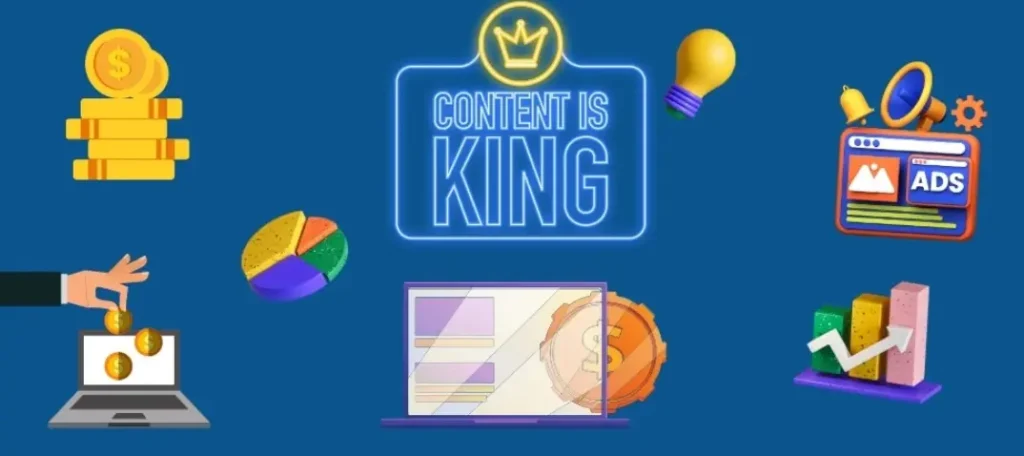The content creator economy is booming—but so is the legal scrutiny. From YouTubers and podcasters to bloggers and Instagram influencers, more people are monetizing their content than ever before. Yet, in 2025, building a profitable creator brand without a legal foundation is like launching a business on sand.
This guide explores the most important legal risks content creators face today—and how to build monetization strategies that are not only profitable, but also compliant and future-proof.
1. Copyright and Fair Use: The Fine Line Most Creators Cross
Many creators still assume that crediting a source is enough to avoid legal trouble. It’s not.
Copyright laws are strict—and in 2025, enforcement has only gotten smarter. Platforms like YouTube and Instagram are using advanced AI to detect copyright infringement, flagging and demonetizing content automatically.
Common copyright mistakes include:
- Using background music without a license
- Showing copyrighted video or images in commentary
- Quoting too much from books or articles without transformation
Tip:
When in doubt, create original content or use royalty-free platforms like:
- Unsplash, Pexels (for images)
- Epidemic Sound, Artlist (for music)
- Creative Commons Search for free-to-use media (check license details!)
Understanding fair use is also key—but remember: fair use is a legal defense, not a right.
2. Starting a Podcast or Blog? Legal Steps You Can’t Skip
Before you hit “publish” on your blog or launch your podcast, there are some essential legal foundations to set up.
Start with:
- Choosing a business structure (LLC is ideal for liability protection)
- Registering your brand name and logo
- Drafting a privacy policy, disclaimer, and terms of use for your site or platform
If you’re still deciding between launching a blog or starting a podcast, it’s important to weigh not just content strategy—but also legal complexity and monetization potential. This guide on Blogging vs Podcasting in 2025 breaks down what makes each platform unique—and which might be a better fit for your business goals.
Especially for podcasters and bloggers planning to monetize, having the legal basics in place is critical to avoid takedown notices, fines, or even lawsuits.
Also, check out this breakdown of 7 Legal Steps to Take Before Launching an E-Commerce Podcast.
3. Contracts and Collaborations: Don’t Rely on a Handshake
Whether you’re teaming up with another creator, getting paid for a brand deal, or hiring someone to edit your videos—you need a written contract.
Key contract clauses to include:
- Scope of Work: Define deliverables, deadlines, and who owns the final product.
- Payment Terms: When and how you’ll get paid, including late fees.
- Usage Rights: Can the brand repost your content? For how long?
For influencers, FTC disclosure compliance is now stricter in 2025. If you’re paid, gifted, or even sponsored indirectly, it must be clearly disclosed—no more hiding #ad at the end of a caption.
4. Monetization Models: Profit Comes with Paperwork
There are more ways than ever to make money as a creator:
- Ad revenue (YouTube, podcast pre-rolls)
- Affiliate links (Amazon, ShareASale)
- Sponsored content
- Courses, eBooks, or merch
- Paid subscriptions (Patreon, Substack)
But each of these income streams comes with legal and tax obligations. For example:
- Affiliate marketing: Must be disclosed under FTC guidelines.
- Digital products: May require sales tax depending on your state.
- YouTube income: Requires 1099-NEC or W-8BEN forms for international creators.
Pro tip: Set up accounting software (like QuickBooks or Wave) to track income from multiple sources and manage taxes efficiently.
5. Data Privacy Laws Are Real—and Getting Tighter
Collecting emails? Running analytics on your website? Then you’re subject to global data privacy regulations—even if your audience is small.
Key laws to comply with:
- GDPR (Europe) – Consent for cookies, the right to be forgotten, etc.
- CCPA / CPRA (California) – Transparency around data collection
- Other U.S. states like Colorado, Virginia, and Connecticut now have similar laws in 2025
If you:
- Run a newsletter
- Sell a course
- Use analytics tools like Google Analytics or Meta Pixel
…then you need:
- A visible cookie consent banner
- A legally compliant privacy policy
- Consent checkboxes on email sign-up forms
Failure to comply can result in fines or account suspensions, even if you’re not a big brand.
6. AI and Deepfake Content: The New Legal Gray Area
More creators in 2025 are using AI tools for everything from blog writing and podcast scripts to synthetic voiceovers and deepfake visuals.
But who owns AI-generated content? Can you legally monetize it?
As of 2025:
- U.S. copyright law only protects content with significant human input.
- If you use AI voice generators to mimic celebrities, you may violate Right of Publicity laws.
- Some states (like California and New York) require disclosure if you’re using synthetic media in a commercial context.
Rule of thumb: Always disclose AI usage clearly if it involves altering voices, likenesses, or manipulating real-world identities.
7. Building a Legally Sound Creator Business
It’s time to treat content creation like a real business—because it is.
To protect your assets and grow your brand sustainably:
- Open a business bank account (don’t mix with personal)
- Get creator insurance (general liability, E&O for advice-based content, or cyber insurance)
- Use cloud storage or password-protected tools to organize contracts, invoices, and content licenses
Being organized now means you won’t be scrambling during tax season, a brand audit, or—worst case—a lawsuit.
Conclusion: Legal Prep Is Profit Protection in 2025
Content creators are no longer just influencers or hobbyists—they’re entrepreneurs. And just like any business owner, you need legal and financial systems in place to succeed.
Start small:
- Register your business
- Audit your privacy and copyright practices
- Create reusable contracts for partners and sponsors
Then scale smart. With the right legal and monetization strategies, your content can become not just a passion, but a secure, scalable, and sustainable income source.
Also Read-Eco-Conscious Tech Disposal: Smart Ways to Recycle and Repurpose Old Electronics
